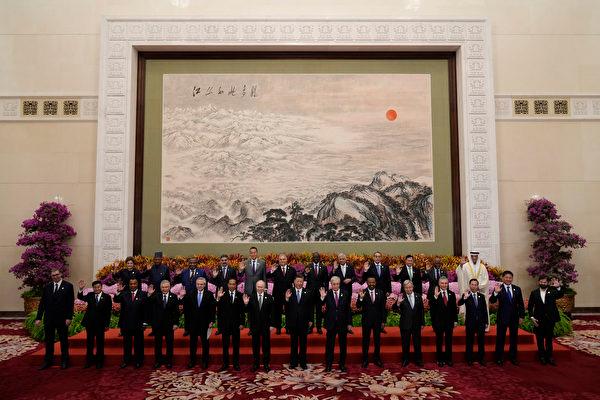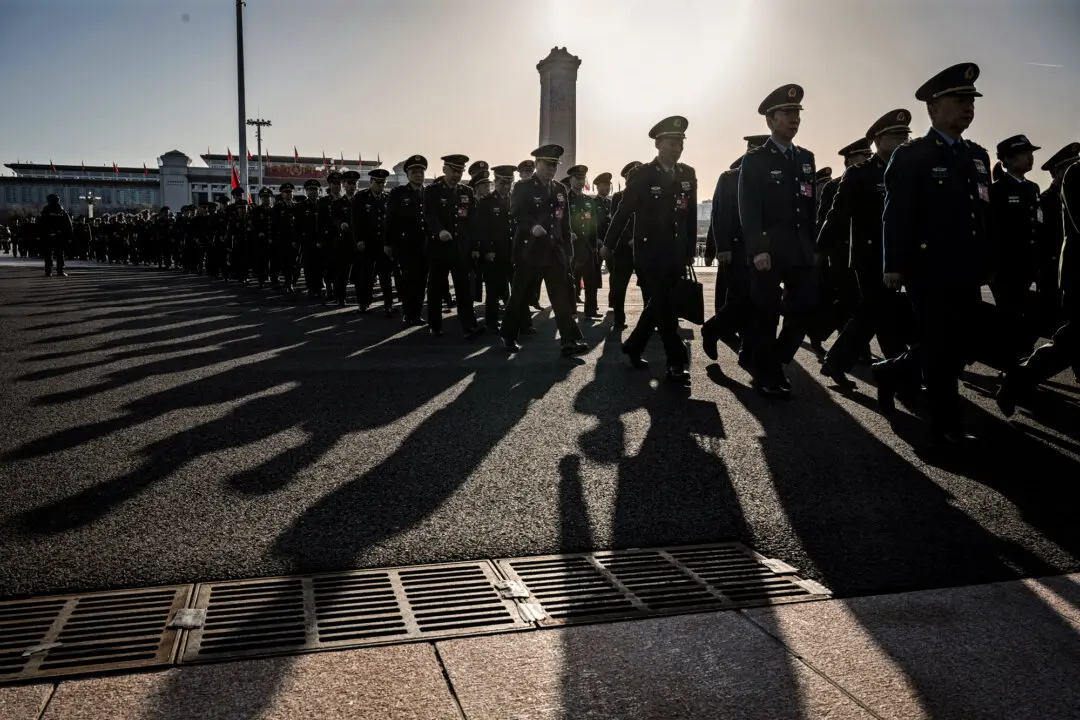China held the third Belt and Road Initiative (BRI) summit in Beijing on Oct. 17–18.
This year marks the 10th anniversary of Beijing’s launch of its grand foreign policy project to expand its political influence around the world through huge investments in infrastructures in other countries. However, the scale of the summit has significantly shrunk, along with the decrease of China’s investment in the BRI.




